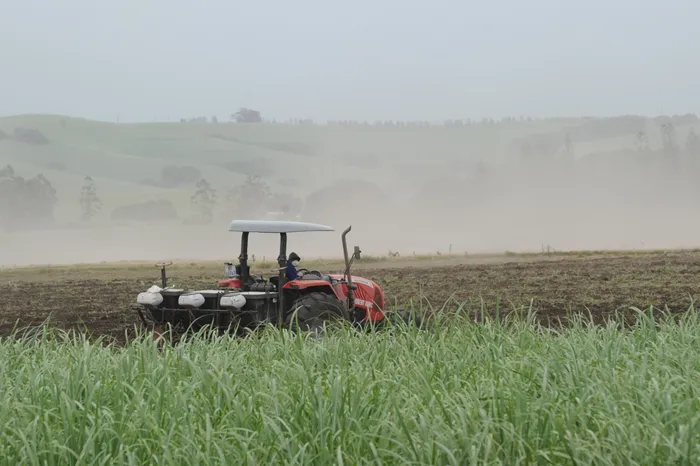Court ruling provides interim relief for indigenous farmers fighting for land rights

A Mpumalanga court has granted two brothers temporary permission to graze livestock on disputed land, ruling that their ownership claim had been overlooked.
Image: Karen Sandison/ Independent Newspapers
A Mpumalanga court has granted two brothers temporary relief, allowing limited grazing on a piece of land whose ownership is disputed, arguing that their claim to the land was ignored.
The Judge said that the two brothers “were excluded from a statutory process through no fault of their own”. The court found that interim relief was justified but because the state failed to process the Mnisi claim alongside that of 93-year-old Kuyiti Nkambule’s.
According to the ruling, the Registrar of Deeds as well as Land Reform and Rural Development Department must investigate the Mnisi brothers’ claim to rights over a part of a farm in Mpumalanga.
It also stated that the registrar must register a caveat over part of a property in Komatidraai, restricting transfer or sale of the property “pending the finalisation of the applicants' labour tenant claim”.
In awarding temporary relief to the brothers, the court noted that, should the Registrar of Deeds as well as Land Reform and Rural Development Minister, Mzwanele Nyhontso, fail to act in accordance with the judgment, there would be “severe” consequences.
Elvis and Philemon Mnisi brought the urgent application as part of a broader effort to have their late father’s labour tenant claim properly processed under the Land Reform (Labour Tenants) Act.
The final decision, which the court said is not a ruling on the merits of their case, acknowledges that their exclusion from the official land reform process may have prejudiced their rights.
At the heart of the dispute is a part of a farm in Komatidraai, currently being transferred to Nkambule, who was granted the land under a 2022 court-approved settlement to graze cattle.
While the Mnisi brothers, who also want part of the land so their 27 cattle can graze, do not dispute that Nkambule followed the correct legal process to secure use of the land, they argue that their father's claim was submitted around the same time and then ignored by the Department of Land Reform and Rural Development.
The two families, the court said, were both relocated from the same original farm when it was converted to game use, but only one was granted secure tenure over a part of it that had viable grazing land.
They said, the judgment noted, that Nkambule family had settled on the farm in terms of an agreement signed with the Department. The Mnisi family remained on the other side of the road, where they were restricted in the number of cattle they could keep. “The limited carrying capacity of the land led to overgrazing, resulting in the death of some cattle,” the ruling said.
The judge emphasised that the ruling does not strip Nkambule of his rights. Rather, the relief is temporary, narrowly tailored, and designed to “preserve the fairness and integrity of the broader process”.
The court also confirmed that the Department has undertaken to complete its investigation of the Mnisi claim, including a land rights enquiry, within 30 days.
In a pointed conclusion, the court reminded the Department of its constitutional obligations: “Where both parties are rights-bearers, and the state has failed to act, equity permits the court to intervene to prevent further injustice.”
No costs were awarded, in line with the Land Claims Court’s usual practice in cases involving state-funded or pro bono representation.
IOL
Related Topics: